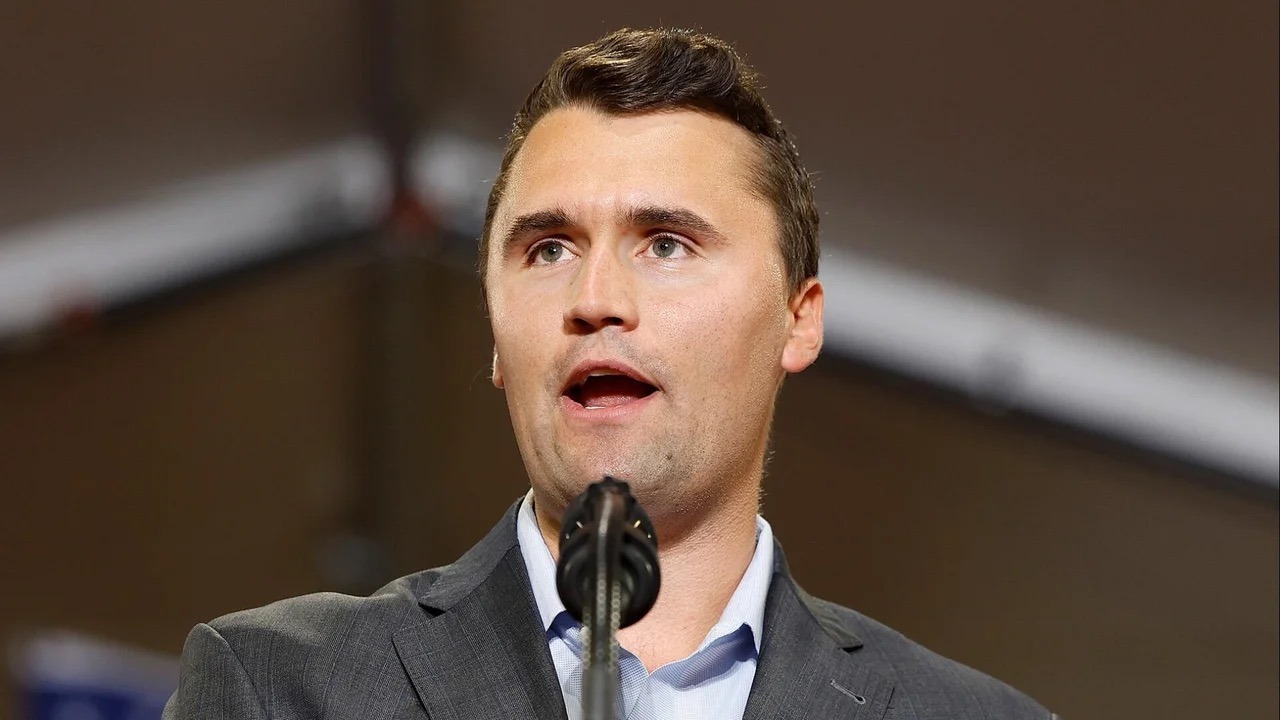
Understanding the Persistence of QAnon Among Christian Communities
In recent years, the political landscape has transformed dramatically, and with it, the ways in which individuals and communities engage with new ideas. Particularly under the influence of the Trump presidency, movements like QAnon have found new lifelines among various segments of society, including some Christian communities. But why does this conspiracy theory continue to thrive?
Exploring QAnon's Appeal in Christian Circles
QAnon has attracted followers through a mixture of political messaging and esoteric, often alarming narratives that resonate with fears and insecurities within certain groups. For Christian families who feel their values are under attack, the conspiracy theory provides a sense of solidarity and purpose, seemingly fighting a battle between good and evil. This dualistic worldview aligns with biblical themes, making it relatable to their spiritual narratives.
Historical Context: What Fueled QAnon's Rise?
To fully grasp QAnon's roots, we need to examine the broader historical context. Following the 2016 election of Donald Trump, many conservative Christians found an ally in the White House—a leader who echoed their calls for religious freedom and traditional values. As societal changes unfolded and distrust towards mainstream media grew, QAnon's rapid rise can be attributed to an anxious search for truth among believers.
The Impact of Digital Evangelism
Digital platforms have propelled QAnon discussions further into the Christian realm. Influencers—including some church leaders—have leveraged social media to disseminate QAnon ideas and interpretations, effectively blending Christian teachings with conspiracy theories. As these narratives are reinforced through shares and likes, they gain traction and credibility, making it easier for individuals in faith communities to adopt them.
Counterarguments: Is QAnon Disruptive to Christian Unity?
While many find hope and camaraderie in QAnon, others within the Christian community raise concerns about its implications. Prominent voices emphasize the potential divisiveness it can create, suggesting that its underlying messages can lead believers away from the core teachings of love, inclusion, and grace found in Scriptures. Counterarguments highlight the necessity for discerning faith practices that champion unity instead of division.
Community Engagement: What Can Families Do?
For families concerned about the influence of QAnon within their circles, it is crucial to foster open dialogue based on trust and understanding. Creating safe spaces for conversations about beliefs allows families to examine these theories critically, grounding discussions in biblical wisdom. By encouraging critical thinking, parents can equip their children to navigate complex ideas while staying grounded in their faith.
Future Insights: Navigating Challenges Together
The journey ahead for Christian communities grappling with QAnon is not straightforward; however, fostering connections based on love, transparency, and compassion can pave a smoother path. Encouraging intergenerational conversations can help families articulate their beliefs while addressing the anxious atmosphere created by conspiracy theories.
Conclusion: Stepping Forward in Faith
In light of the ongoing dialogues surrounding QAnon, it is essential for Christian families to seek wisdom and unity. By engaging with one another openly, communities can not only address the divisive nature of conspiracy theories but also reinforce their shared commitment to Christ's teachings. Ultimately, this grounding enables families to navigate complexities within society without losing sight of their faith.
As communities delve into understanding these critical issues better, embrace the opportunity to deepen relationships and share insights with one another. Ask yourself: how can you cultivate a family atmosphere that values understanding while staying rooted in faith?
 Add Row
Add Row  Add
Add 








Write A Comment